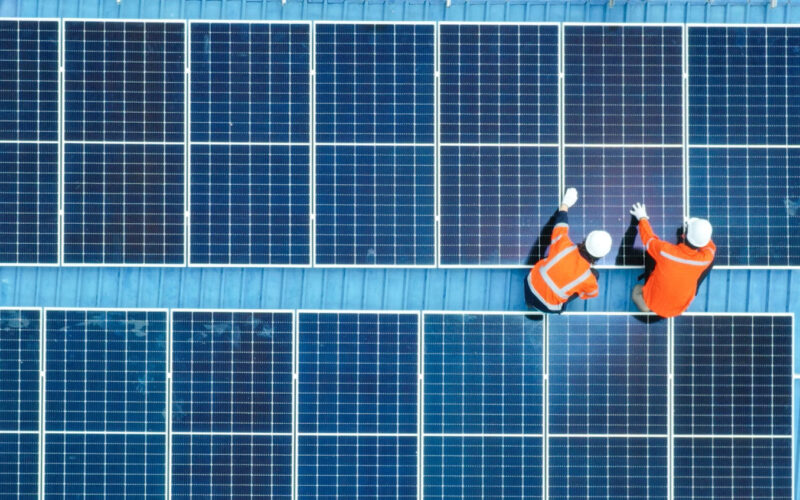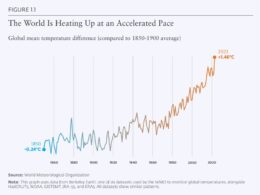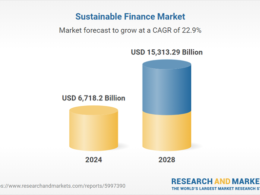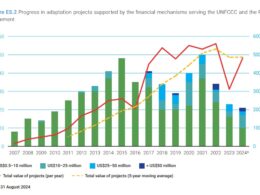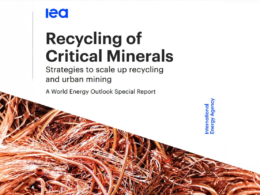A new report from the International Energy Agency (IEA) reveals that the global energy sector added 2.5 million jobs in 2023, a 3.8% increase that pushed total employment in the sector above 67 million. This growth, largely driven by significant investments in clean energy technology manufacturing, contrasts with an economy-wide job growth rate of 2.2%. However, the report warns that a shortage of skilled workers continues to challenge employers, particularly in specialised areas.
The third edition of the World Energy Employment report provides an in-depth look at employment trends across regions and energy technologies, focusing on the sector’s evolving workforce needs. It found that clean energy jobs experienced the largest increase, with an additional 1.5 million positions in 2023. This growth accounted for up to 10% of overall job growth in key clean energy markets. Solar PV alone added more than 500,000 jobs as a result of record-setting installations, while employment in electric vehicle (EV) and battery manufacturing rose by 410,000 as EV sales approached 20% of the global car market. Despite some layoffs among wind manufacturers, the wind industry saw employment growth due to an influx of new projects.
The oil and gas sector saw an increase of over 600,000 jobs in 2023, as companies cautiously expanded hiring following pandemic-related slowdowns. Conversely, global coal employment declined by approximately 1% for the third consecutive year, attributed to productivity gains in upstream operations.
Manufacturing led energy job growth in 2023, diverging from previous years when construction and installation roles drove increases. This shift was largely due to a 70% rise in clean energy manufacturing investments, which reached $200 billion as companies sought to meet surging demand for clean technologies, driven by new policies and incentives.
Despite these gains, a shortage of skilled workers, particularly for highly specialised roles in areas like grid and nuclear power, remains a significant hurdle. In the IEA’s survey of over 190 energy employers across 27 countries, most companies reported intentions to expand hiring but cited challenges in finding qualified candidates across nearly all job categories. Although construction labor shortages have eased in some advanced economies, the sector remains tight, with 75% of employers struggling to fill these roles. This scarcity is contributing to higher wages in energy, where real wage growth has been stronger than in similar sectors.
“The global energy sector has been a powerful engine of jobs growth around the world in recent years. And as the energy system continues to transform and grow, rising demand for skilled energy workers is a given,” said Laura Cozzi, the IEA’s Director of Sustainability, Technology and Outlooks.
Cozzi added, “However, this report shows that greater investment in skills and training is critical. Governments, the private sector and educational and training institutions must work together to improve the hiring pipeline, which will play an important role in shaping on our energy future.”
The report also highlights a geographical imbalance, finding that just 25% of the growth in clean energy jobs since 2019 has been in emerging and developing economies outside of China, despite these regions representing 60% of the global workforce. Many of these countries face challenges in attracting clean energy investments due to factors like limited manufacturing bases, skill shortages, and infrastructure gaps. The IEA emphasises that bridging this gap will require more robust global cooperation and targeted policy actions.
Preliminary data suggests that global energy sector employment will grow by 3% in 2024. However, this represents a slowdown from the previous year due to tight labor markets, rising interest rates, and adjustments in the expected pipeline of new energy projects.















